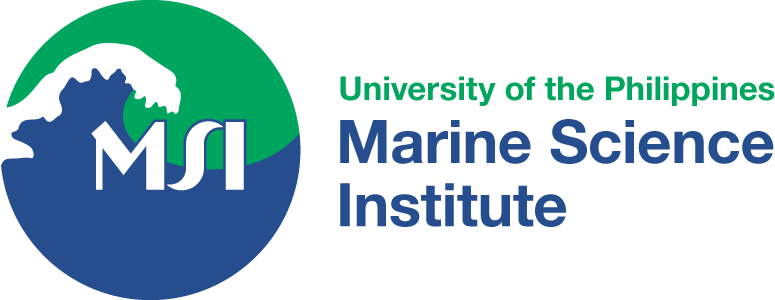MSI COURSES OFFERED
The UP Marine Science Institute graduate curriculum trains prospective marine scientists in the major divisions of marine science: marine biology, marine physical sciences and marine biotechnology. Core courses include Ocean Physics and Chemistry, the four disciplines of Oceanography, and Marine Biotechnology.
